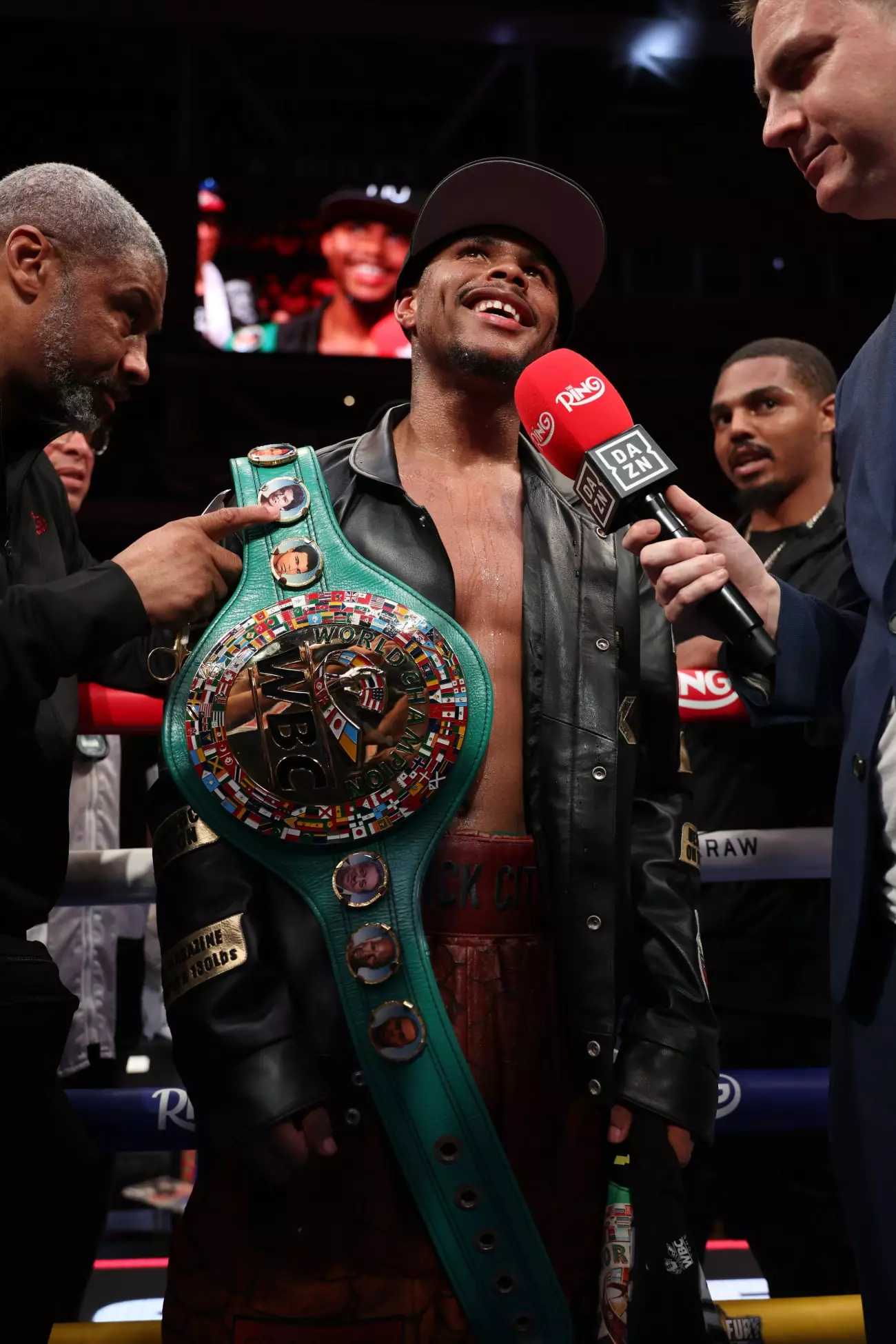Shakur Stevenson boldly declares his intent to prove he is the best fighter on the planet when he faces Teofimo Lopez in early 2026. His confidence is palpable, but a deeper examination raises questions about his grounds for such a claim. Despite his undefeated record of 24-0 with 11 knockouts, the measure of greatness in boxing isn’t solely about clean records or flashy declarations; it’s about the quality of opposition and the ability to dominate truly elite fighters. Stevenson’s priorities seem more aligned with financial gains and strategic matchups rather than consistent display of greatness against the best competition available.
His recent victories, notably over William Zepeda, netted him a hefty $7 million payday. Yet, this success seems motivated less by his desire to challenge the sport’s elite and more by a strategic move to secure a lucrative fight against Lopez. The fact that Stevenson opted for a high-profile bout over defending against highly ranked contenders such as Andy Cruz suggests a mindset more driven by careerism than by a genuine quest for supremacy. To claim he is the best, Stevenson needs more than a perfect record; he needs to face—and beat—the fighters who have proven their ability to truly challenge the top tier.
A Question of Authenticity and Confidence
Despite Stevenson’s proclamations, skepticism lingers about his self-assessed status as the best. His fight record boasts workmanlike performances, but it’s sparsely populated with fights against genuine power punchers or fighters with the resilience necessary to test his limits. His limited exposure to top-tier punchers like De Los Santos and Jeremia Nakathilia has exposed vulnerabilities—namely, his tendency to retreat under pressure. His style, reminiscent of a measured amateur approach with a defensive grind, often leans toward survival rather than domination.
It’s important to recognize that boxing greatness is often measured by the ability to overcome adversity and deliver decisive victories against formidable opponents. Stevenson’s reluctance to engage more dangerous punchers—showing a pattern of withdrawal when faced with heavy hitters—raises questions about his true confidence and mental toughness. Is his bravado a sign of genuine self-belief, or merely a carefully crafted persona designed to elevate his marketability until he faces a truly worthy adversary?
Timing, Injury, and the Impact on Legacy
The delay in scheduling Stevenson’s clash with Lopez until early 2026 is telling. While Stevenson claims to want the fight “as soon as possible,” the strategic postponement raises eyebrows. He’s only recently recovered from hand surgery and has endured significant punishment in his last bout, which could benefit from more recovery time. Lopez, on the other hand, appears eager to accelerate the confrontation, questioning why the bout is delayed and emphasizing a desire to settle their rivalry quickly.
From a tactical perspective, the delay could seriously affect Stevenson’s career trajectory. The physical toll from his recent fight, where he absorbed over 300 punches from Zepeda, suggests that rushing into another high-stakes bout could jeopardize his performance. He’s also publicly expressed concerns about his hand health, which further complicates his readiness and willingness to face Lopez immediately. It’s worth scrutinizing whether these delays serve genuine strategic purposes or are simply a means to avoid facing a more dangerous, tested opponent in the short term.
The Reality of the Lightweight Division
Stevenson’s claim to be the best is intrinsically linked to the quality of fighters he’s faced. But the reality is that at 135 pounds, his opposition has been somewhat ordinary, with notable exceptions. His victories over fighters like William Zepeda and De Los Santos show resilience, but they do not establish him as the indisputable top pound-for-pound talent. Critics argue that Stevenson has yet to demonstrate dominance over the division’s elite, particularly those with proven knockout power and resilience.
Furthermore, his reluctance to confront opponents like Cruz or other top contenders suggests either a strategic aversion or a lack of conviction in his ability to dominate. The fact that he’s primarily fought opponents with styles conducive to technical boxing rather than those with damaging power raises doubts about his readiness to face Lopez, who possesses the kind of skill and punch that could test Stevenson’s limits.
In the end, Stevenson’s bravado masks the reality that boxing greatness involves more than self-assessment; it requires a fearless pursuit of the hardest challenges and a willingness to accept the scrutiny that comes with it. Until Stevenson proves himself against the division’s best, his claims remain more aspirational than definitive.


Leave a Reply